
August 2022 newsletter on how to build a corporate green team
Our August newsletter features a how-to guide for creating your very first green team at your workplace, plus the essential guide to sustainable living. Also read about the successful launch
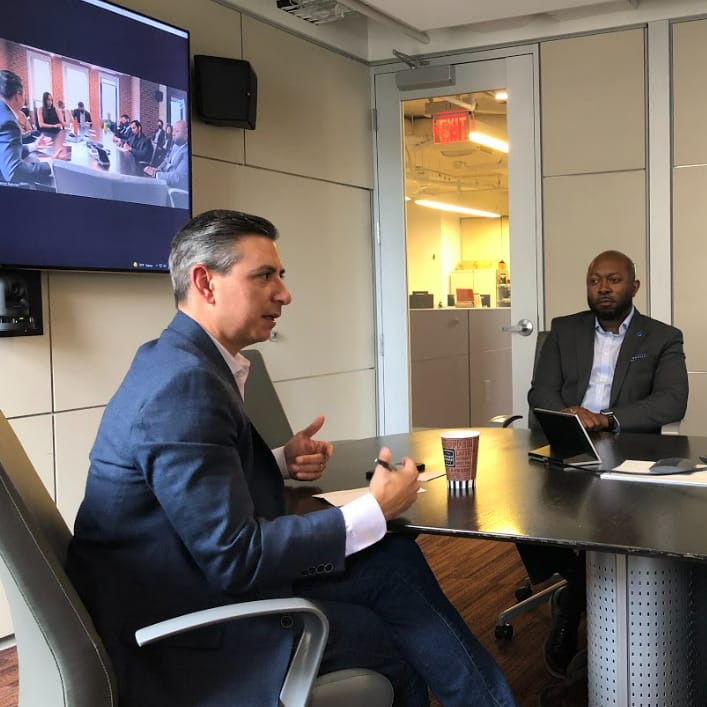
Industry perspectives on influencing the food system
Before my visit to our nation’s capital for our food policy course, my opinion regarding lobbyists, admittedly from an uninformed perspective, was of someone paid to push their company’s product or issue ahead of others. I didn’t know what it took to have a voice on Capitol Hill that carried weight to influence real change.

New summary report released: Novel Applications for Fine Glass
As a leader in sustainable solid waste, the City of Peoria is always on the cutting edge of sustainable solid waste management. As part of a larger Solid Waste Management project portfolio, the City of Peoria has worked with ASU Project Cities on three solid waste projects, including Textiles & EPS, E-Waste, and Biomass Gasification.
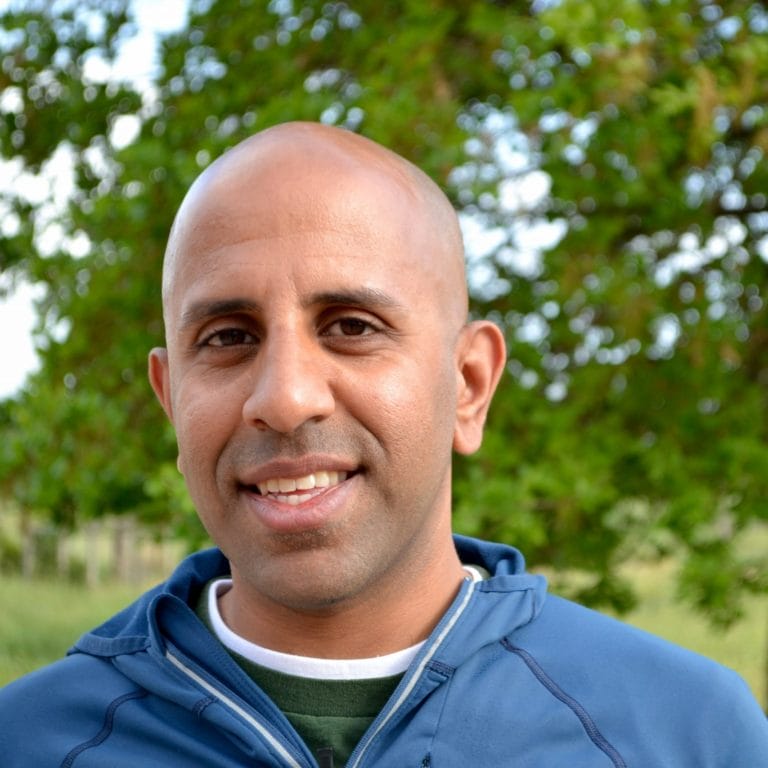
Talking nutrition with Kumar Chandran, USDA Senior Advisor
During our cohort’s DC immersive program, we had the pleasure of sitting down with Kumar Chandran, a USDA Senior Advisor focusing on nutrition under Secretary Vilsack. This isn’t Mr. Chandran’s first foray at USDA; he previously served as Chief of Staff to the Under Secretary for Food, Nutrition, and Consumer Services in the Obama Administration.

The grit, determination and plans of Janie Hipp
They say never meet your heroes, but that is only because they haven’t had the pleasure of speaking with Janie Hipp. One of the biggest highlights of our DC Immersive trip was sitting down with the General Counsel for the USDA.
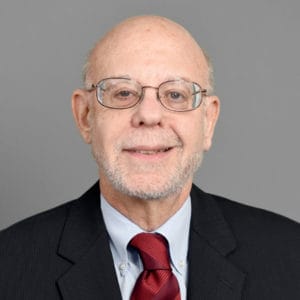
SPRI co-founder, Bretschneider, retires
Foundation Professor Stuart Bretschneider and co-founder of Arizona State University’s Sustainable Purchasing Research Initiative (SPRI) retired in June 2022.
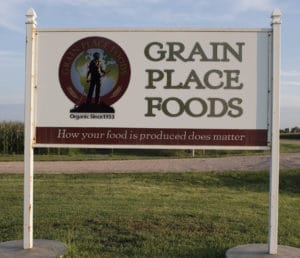
Reflections on a regenerative farm field day in Nebraska
It was an overcast day in mid-July when I turned onto the gravel road leading me to the Grain Place Farm in central Nebraska. As I turned, I slowed down to take notice of the familiar sign that reads: “How your food is produced does matter.”
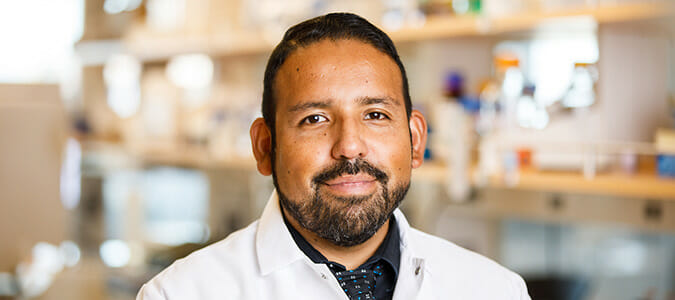
New study shows that a commonly used agricultural herbicide crosses the blood-brain barrier
Researchers explore possible effects in the brain Neurodegenerative illnesses, such as Alzheimer’s disease, are among the most perplexing in medical science. The underlying causes of such diseases range from genetic
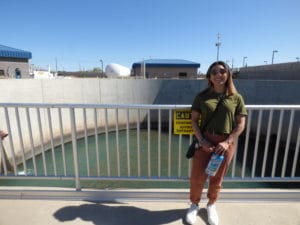
Student spotlight: Jade Bravo
To highlight some of Project Cities star students and faculty, PC staff sat down to interview Jade Bravo. As part of the culminating experience for her Master’s of Public Policy, Jade worked with Peoria’s Water Services Director, Cape Powers, to research tiered water pricing as a water conservation strategy.
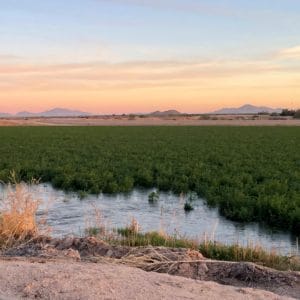
Where the water goes: Water in Arizonan agriculture
It’s no secret that agriculture uses a large percentage of our Earth’s fresh water supply. In Arizona, 74% of fresh water is used for agricultural purposes. That number has been as high as 90% in the mid to late 1900’s. The decrease in water consumption in Arizona’s agricultural sector can be explained by the ever-expanding urban sprawl as well as improved irrigation technologies.
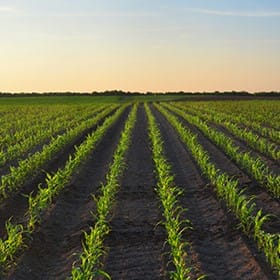
Evolutionary implications of economies of scale in food production for the sustainability of agricultural systems
Last month, I participated in the Sustainability Research & Innovation Congress 2022 (SRI2022) that took place in Pretoria, South Africa from June 20-24. The Congress is “a transdisciplinary gathering in sustainability – a space of dynamic advocacy for sustainability scholarship, innovation, collaboration, and action." It takes place annually in different parts of the world and brings together global leaders, experts, industry, practitioners, and innovators to inspire action and promote transformation in sustainability.
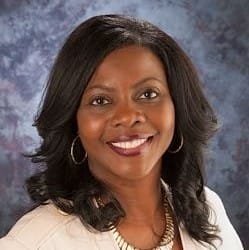
Dr. Chavonda Jacobs-Young: Creating a healthier future for Americans
While in Washington D.C., our ASU sustainable food policy cohort met with key stakeholders in the agriculture realm—both virtually and in person.